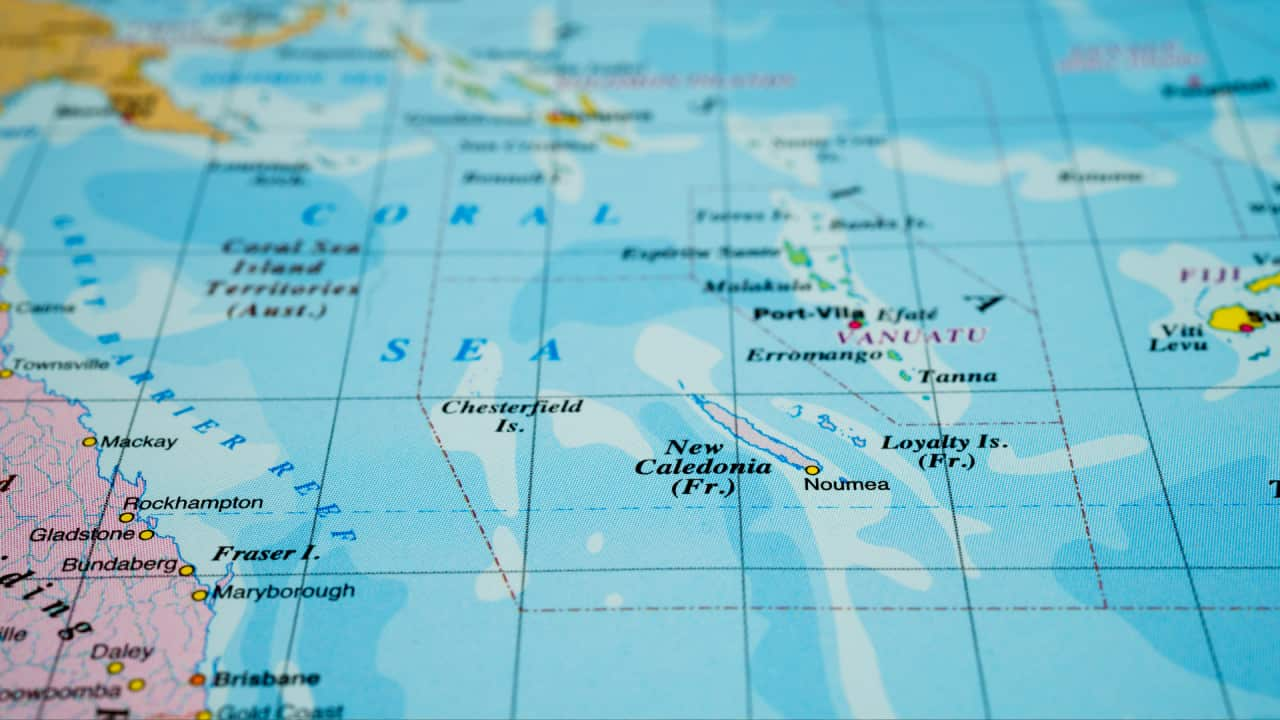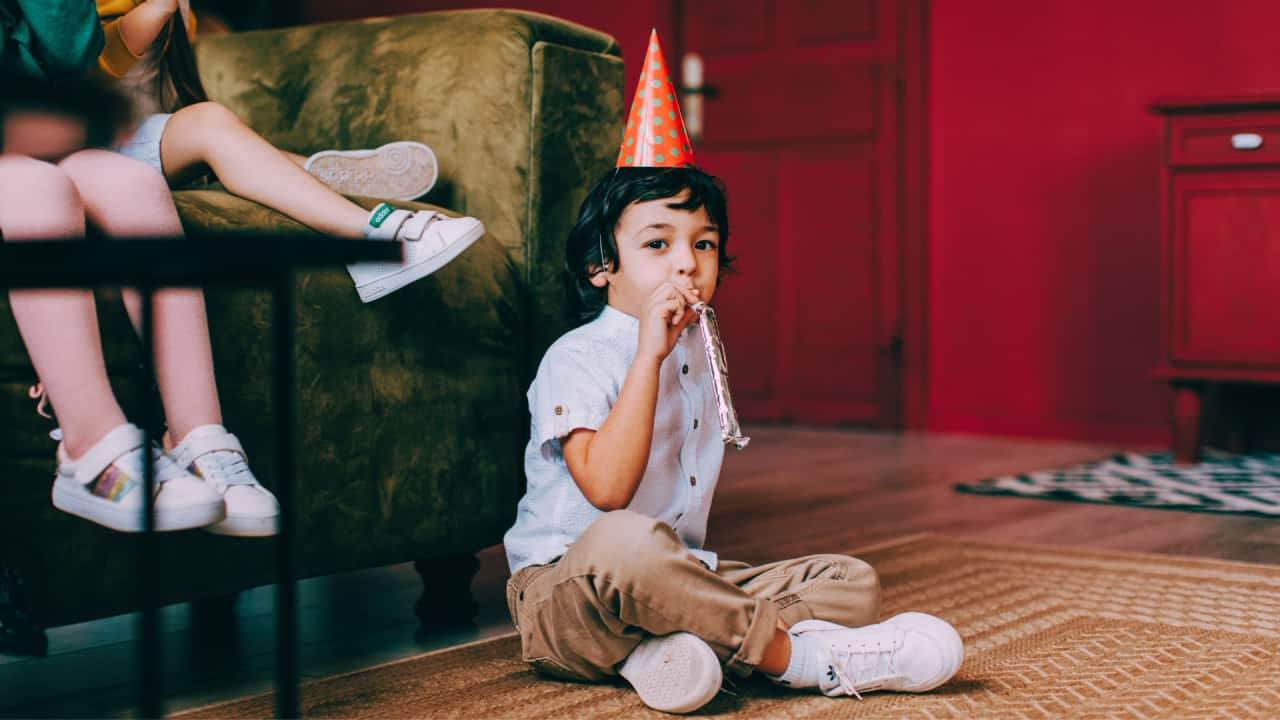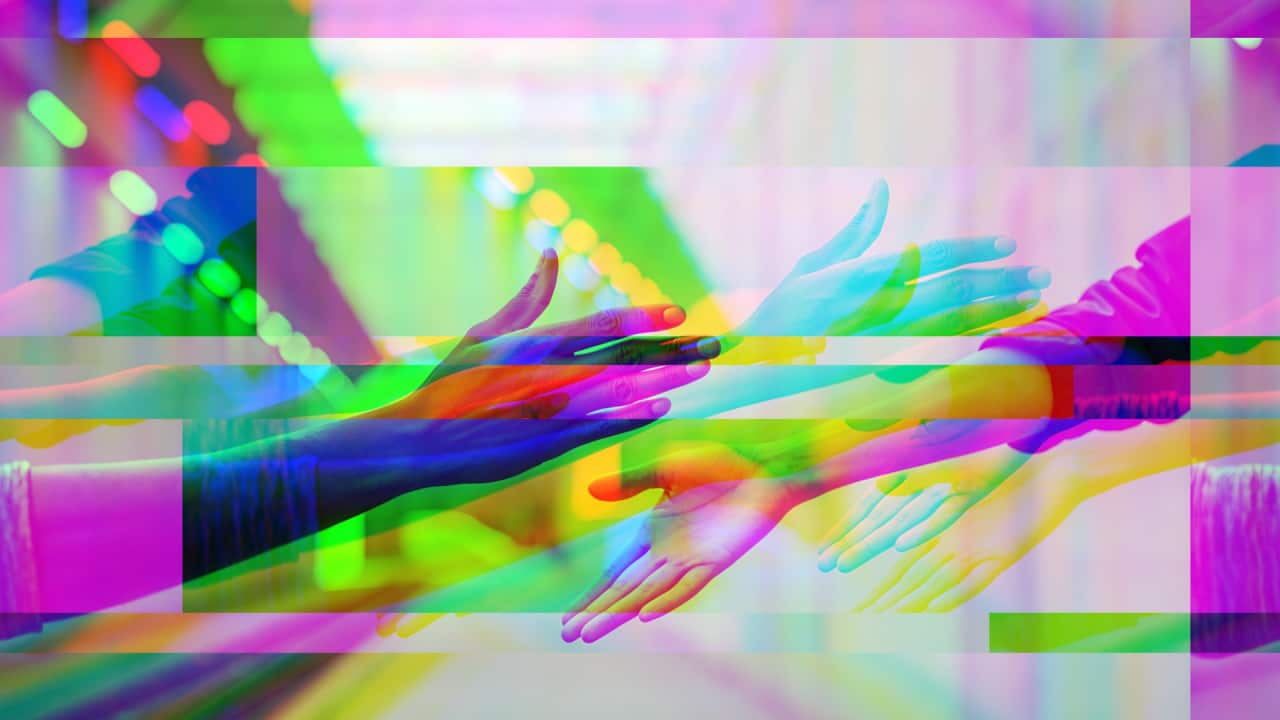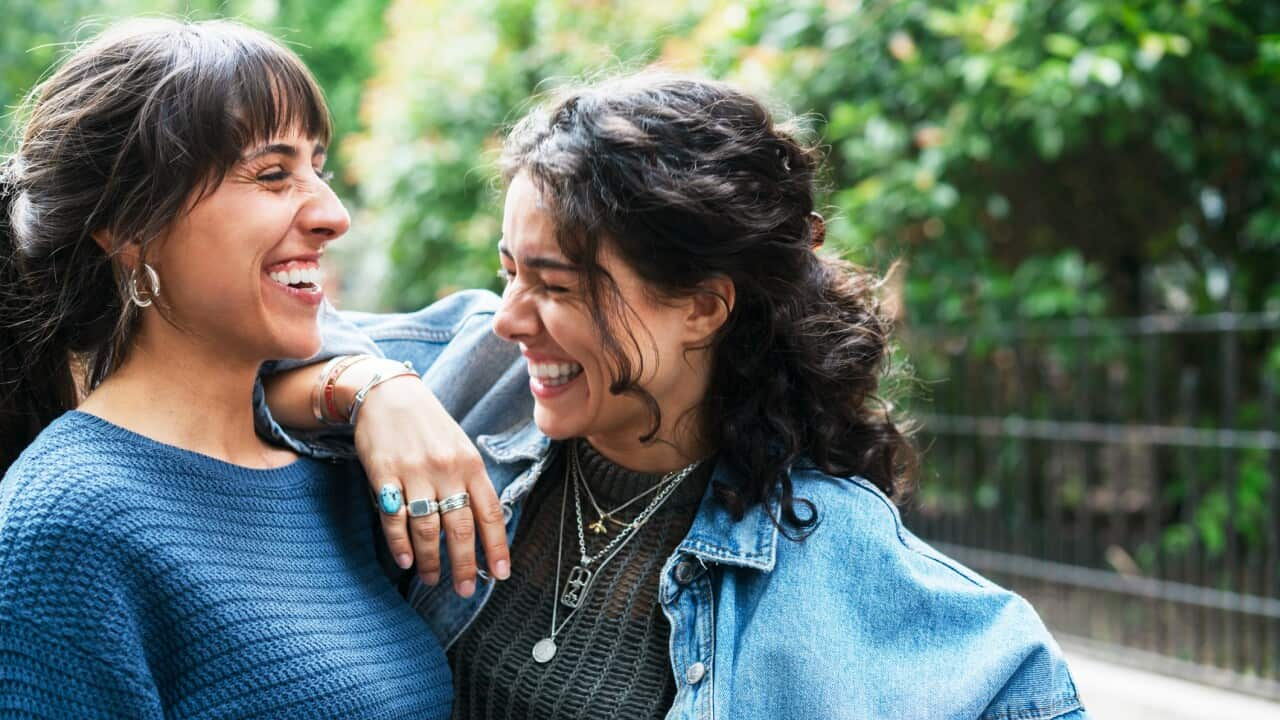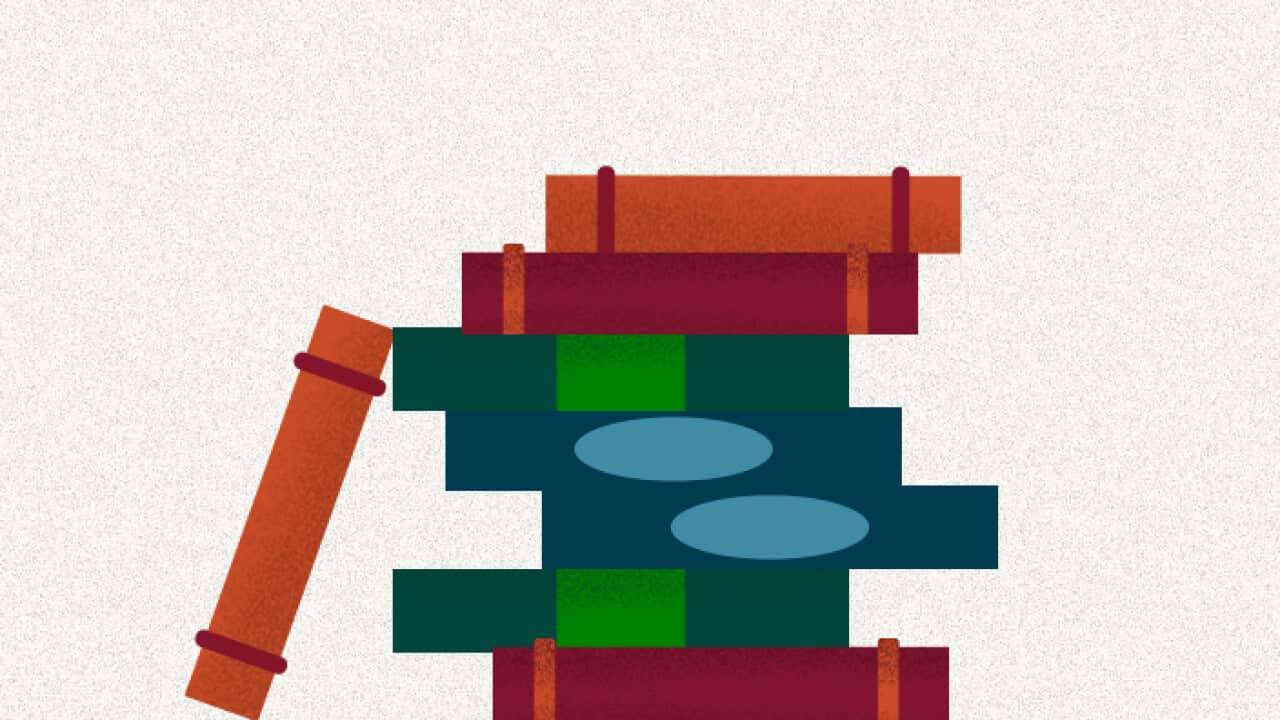People who participate in social, community and civic groups are much more likely to have a strong sense of belonging in Australia, according to the Scanlon Foundation’s latest Mapping Social Cohesion report.
Actively engaged community members are also more likely to believe that most people can be trusted, to be happy, and to agree that accepting immigrants from many different countries makes Australia stronger.
But Dr James O’Donnell, lead investigator of the report, said not all community groups have a positive effect.
"You could have a really tight-knit neighbourhood [that] still could be discriminatory towards people not living in that local community or neighbourhood," he said.
“There's got to be some sort of bridges between people of different backgrounds across society to build up our overall societal level of cohesion."
Associate Professor Mario Peucker, an expert in far-right extremism from Victoria University, told SBS Examines community and volunteer groups can help prevent polarisation.
Everyone wants to matter, everyone wants to be someone, be appreciated and recognised.
"If you are volunteering in your local neighbourhood and you feel well connected, you might still be angry about certain policy decisions. You might have some moral outrage, but you don't feel the need to find that in a tribal rage," he said.
"It also helps people to meet their human needs for recognition and respect and social connectedness, social worth."
This final episode of Understanding Hate looks at how we can build stronger social cohesion and prevent division.
You can find the complete Understanding Hate series here.

